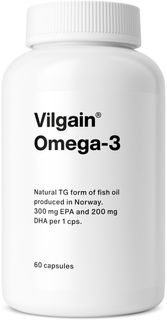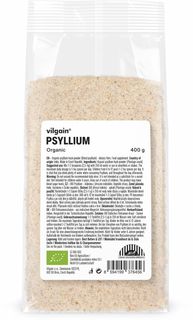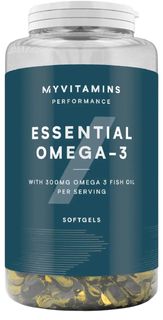Supplements to Lower Cholesterol
Cholesterol is a steroidal substance that is part of cell membranes and naturally occurring in the human body. Its normal levels can be disturbed by increased dietary intake of cholesterol, which gradually deposits in the blood vessels. Less permeable blood vessels can cause increased blood pressure and other health problems.
Lifestyle is a major factor that influences blood cholesterol levels. However, even this can be supported by certain dietary supplements that help to lower cholesterol:
- soluble fibre in the intestines traps cholesterol and reduces its absorption into the bloodstream. Among common foods, it is advisable to focus on oatmeal, fruit or vegetables, and in the context of supplements psyllium or inulin;
- omega 3 are among the health‑giving fats whose use has a positive effect on heart health and cholesterol levels;
- beta glucans are polysaccharides naturally occurring in cereals or mushrooms. They positively influence the functioning of the immune system and lower cholesterol levels.
Other substances that can help lower cholesterol include lecithin, linoleic acid, monacolin K, vital mushrooms or milk thistle.




How to lower cholesterol naturally?
The key to maintaining normal cholesterol hours in the blood is adherence to the principles of a healthy lifestyle - a balanced diet, regular exercise, adequate sleep and stress management. The most risk factors are:
- excessive consumption of fatty foods,
- smoking,
- alcohol consumption,
- overweight and obesity.
Hereditary predispositions may also contribute to elevated cholesterol levels, in which case the condition should be checked regularly by a doctor. However, by following a healthy lifestyle, these predispositions can be minimised.
In case of high cholesterol levels, it is not advisable to rely on 'self‑treatment' and one should seek the assistance of a professional.




